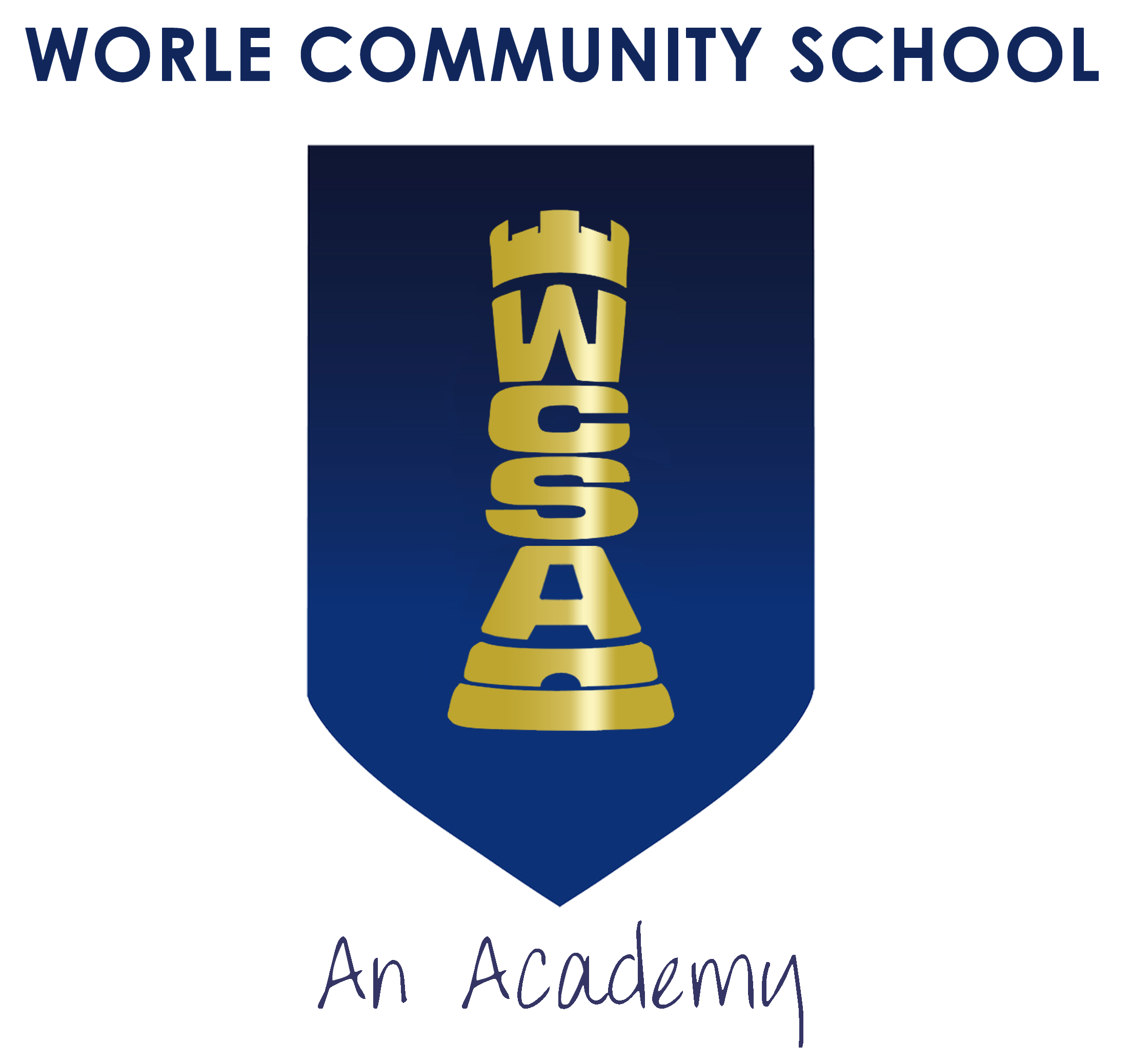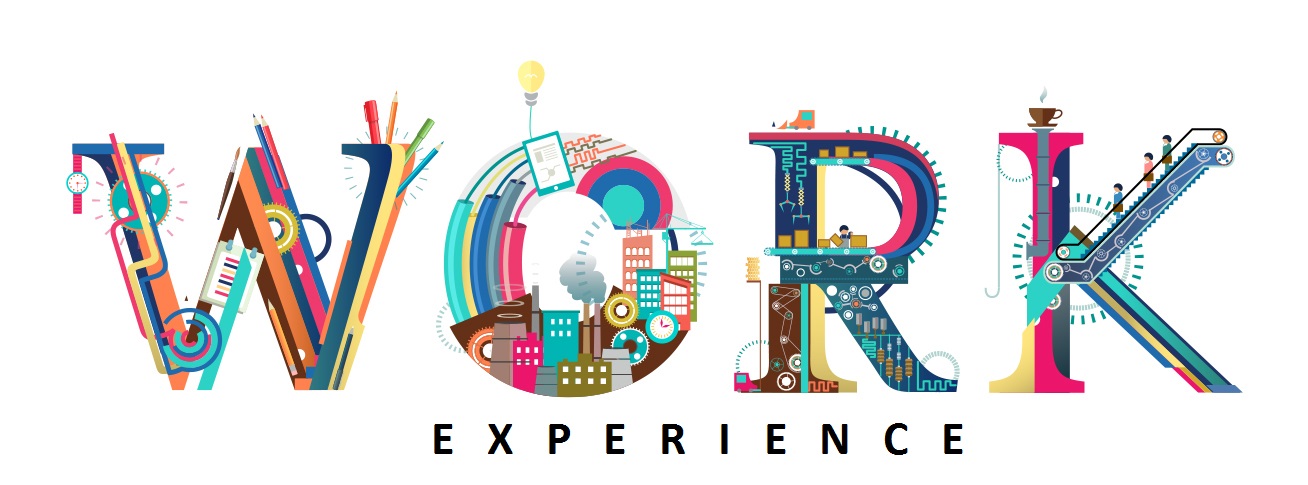Careers advice at WCSA
Leeza Cuthbertson - Careers Advisor.
Leeza Cuthbertson joined WCSA in 2017 following several years working in the careers team at Priory Community School Academy supporting students with the transition from school to further education.
The Careers office is placed in LRC. It is open from 8am-4pm Monday to Friday and until 6.30pm on parent evenings.
You can speak to Leeza Cuthbertson by calling 01934 510777 or by Emailing- leeza.cuthbertson@wcsa.theplt.org.uk
Ms Cuthbertson might not be able to talk if she is already with a student, however will return your call within 24 hours.
Please ‘like’ the school Facebook page and follow @wcsa_careers on Instagram for regular updates.
A wide range of careers related events and activities run throughout the year. You can see the careers calendar HERE. The calendar is updated monthly.
A monthly careers and events bulletin is circulated by tutors, parent Email, Facebook, Instagram, school screens and noticeboards. Click HERE for Bulletins.
Why do we provide careers advice?
Impartial careers advice is vital in schools to help students develop the skills and ability to make the most appropriate education choices for their options within school, progression beyond school and in working life. A full guide to our careers offer, including measures and impact can be found HERE.
Our students progress to A Levels, Diplomas, Armed Forces, Training and Apprenticeships.
2023-24 Year 11 Progression:
• 87% progressed to a college for A Levels or vocational diplomas (Weston College, Bridgwater & Taunton, SGS, Boomsatsuma, Access Creative College and Wiltshire College, Bath and Bristol Robins Foundation)
• 6.5% went on to study A Levels at a Sixth Form (Winterstoke Hundred Academy, Richard Huish, Ashton Park 6th Form and Backwell Academy)
• 2% began an apprenticeship
• 1% went on to military prep school
• 1.5% are NEET and support has been offered
• 2% moved into employment without training and support has been offered
2022-23 Year 11 Progression:
86% progressed to a college for A Levels or vocational diplomas (Weston, Bridgwater & Taunton, SGS, Boomsatsuma, City of Bristol, Access Creative and Bristol Robins Foundation)
6% went on to study A Levels at a Sixth Form (The King Alfred School Academy, WHA, Sidcot School and Taunton School)
3% began an Apprenticeship / work based learning
<1% furthered their education through the Royal Navy
<1% furthered their education with Bristol City Football Club
3% are NEET and further support has been offered
1% moved into employment without training and further support has been offered
2021-22 Year 11 Progression:
85% progressed to a college for A Levels or vocational diplomas (Weston, Bridgwater & Taunton, SGS, Boomsatsuma, Access Creative, Winterstoke Hundred Academy and Bristol Robins Foundation)
9% went on to study A Levels at a Sixth Form (The King Alfred School Academy, Churchill Academy and Backwell Academy)
2% began an apprenticeship / work based learning
2% furthered their education through the Army, traineeships or approved volunteering
1% went into employment without training
1% NEET
2020-21 Year 11 progression:
86% went on to study A Levels or vocational qualifications at a college (Weston, Bridgwater & Taunton, SGS, Boomsatsuma, Access Creative. WHA, City of Bristol and Bath)
5% went on to study A Levels at a Sixth Form
5% began an apprenticeship / work based learning
2% furthered their education through Employment & Training but not an Apprenticeship
1% NEET
2019-20 Year 11 progression:
78% went on to study A Levels or vocational qualifications at a college (Weston, Bridgwater & Taunton, SGS, Boomsatsuma, Access Creative. WHA, City of Bristol and Bath)
10% went on to study A Levels at a Sixth Form
11% began an apprenticeship / work based learning
>1% furthered their education through the Army, traineeships or approved volunteering
>1% NEET
OUR PLEDGE TO STUDENTS
When you complete your time with a TPLT Primary School, you will have:
Created your first CV and attended your Mock Interview Challenge with The Careers Team.
When you complete Year 7, you will have:
Met your Careers Advisor, created a CV and attended your mock interview challenge
Had encounters to learn about college, apprenticeships, university and met employers & previous students
Had the opportunity to visit a college or 6th Form for an open evening with your family
Had the opportunity to visit our ‘Pathway to the Future’ event
Had the opportunity to call into the Careers office any time
When you complete Year 8, you will have:
Had encounters to learn about college, apprenticeships and university and employers & previous students
Had the opportunity to visit a college or 6th Form for an open evening with your family
Had the opportunity to visit a college or 6th Form for an open evening with your family
Had the opportunity to visit our TPLT ‘Pathway to the Future’ event
Had the opportunity to call into the Careers office any time
When you complete Year 9, you will have:
Had encounters to learn about college, apprenticeships and university and employers & previous students
Had the opportunity to visit a college or 6th Form for an open evening with your family
Had the opportunity to visit a college or 6th Form for an open evening with your family
Had the opportunity to visit our TPLT ‘Pathway to the Future’ event
Had the opportunity to call into the Careers office any time to discuss your Y9 Options
When you complete Year 10, you should have:
Attended at least two college or 6th Form open evenings
Had encounters to learn about college, apprenticeships and university
Had at least 1 conversation in the Careers office to discuss work experience and progression beyond school
Completed a week of work experience
Finished your CV and attended Mock Interview Day
Attended a College Taster Day trip with the school
Visited our TPLT ‘Pathway to the Future’ event
When you complete Year 11, you should have:
Visited the Careers office for a progression meeting
Completed college, 6th Form and/or Apprenticeship applications for your next step beyond school
Attended application interviews at colleges and/or 6th Forms with places offered
A general plan of your career pathway
Attended at least two college or 6th Form open evenings
Had at least 4 encounters to learn about college, apprenticeships and university
Visited our TPLT ‘Pathway to the Future’ event
Had the opportunity to call into the Careers office any time to discuss your options beyond school
Had the opportunity to access further help and support with your transition beyond school if you need it
Gatsby
Our careers offer is assessed on a bi-annual basis by taking the COMPASS self-assessment tool. This helps us reflect on our careers offer and implement improvements. You can see our most recent COMPASS assessment HERE.
Our compass assessments are conducted on a bi-annual basis.
The careers offer at WCSA follows strict government guidelines to ensure the quality of its delivery. The GATSBY benchmarks are
You can read our brief guide to options beyond school HERE
Year 10 Work Experience is a key activity for our student’s time at school. It is a fantastic opportunity for students to spend a full week away from school in the world of work.
A year 10 work experience pack can be found HERE, a parent and employer permission form can be found HERE.
Work Experience can mark a turning point in a young person’s life.
The benefits are many and include helping students to:
Gain the self-confidence needed in the adult world
Develop their maturity and key skills
Improve attainment by making learning more relevant
Experience different types of work enabling them to confirm or reject career ideas
Increase their motivation so that they can achieve the GCSEs required to pursue their chosen career
Learn how to deal with different people and develop interpersonal skills
Collect material for potential use in coursework and oral exams
Broaden the range of continuing education, training and employment that students consider
Understand how an employing organisation functions
Learn work processes at first hand
Develop their knowledge in their chosen area of work
Appreciate the role of management
Discover expectations of employers/other employees
Assess how they will adapt to working patterns and relationships outside school
Gain a greater understanding of different environments and the working world in general







